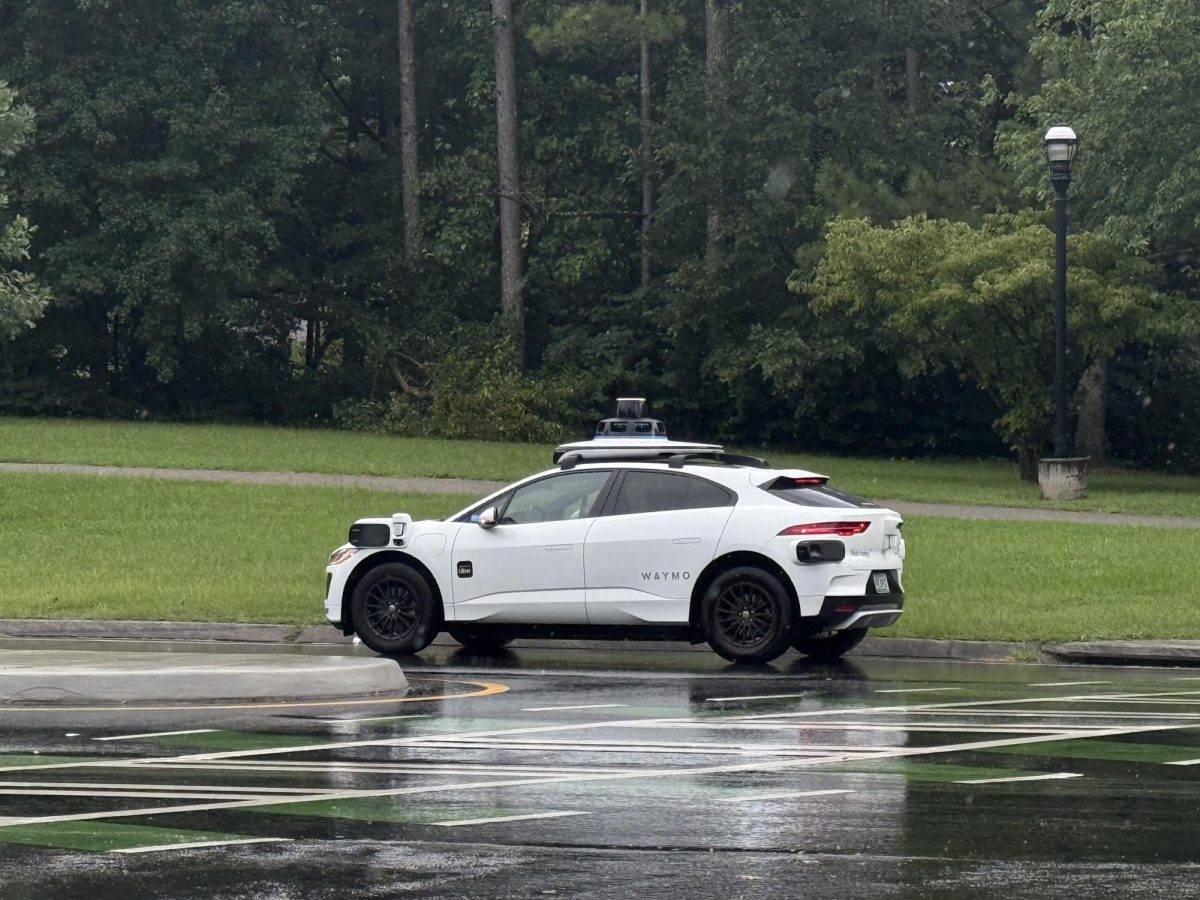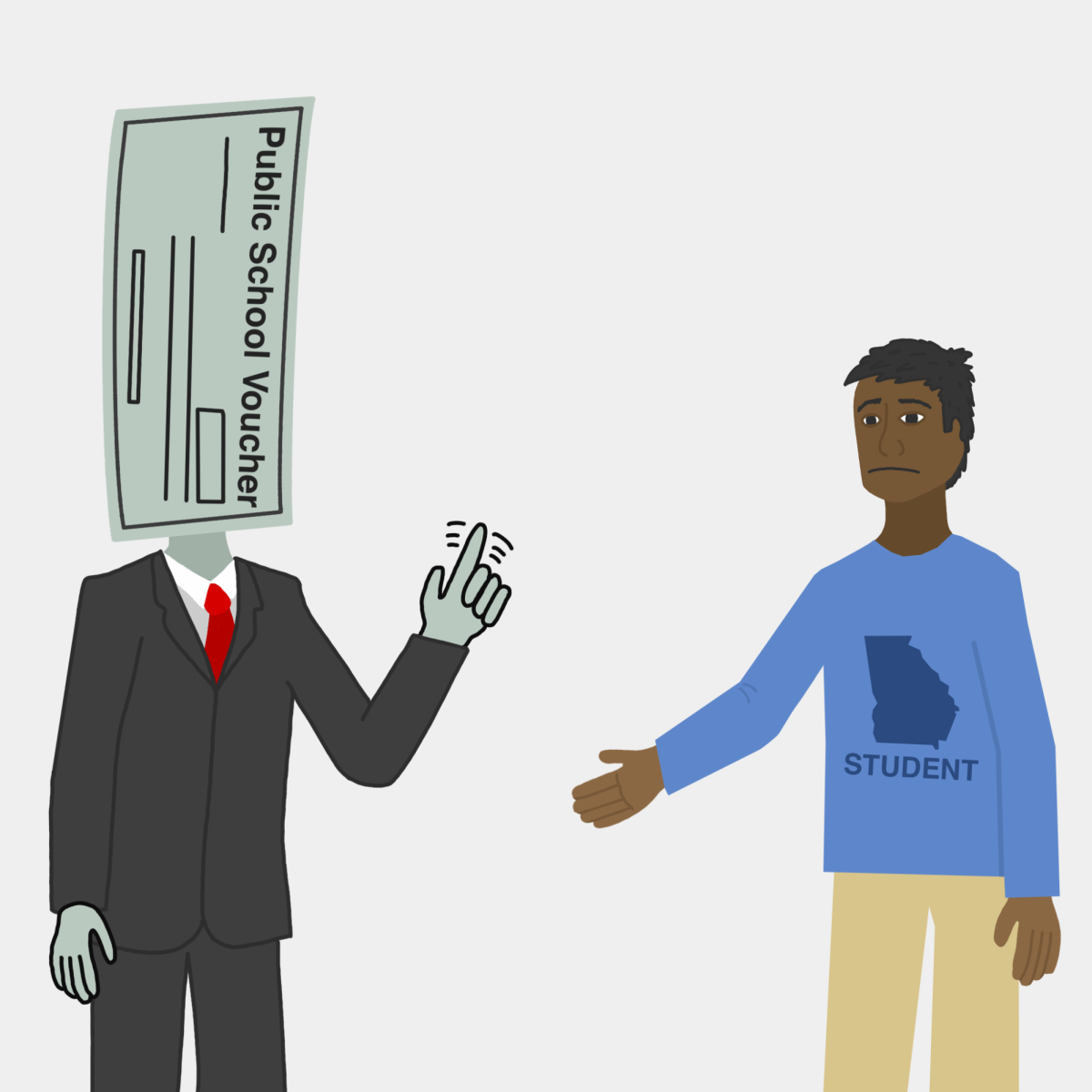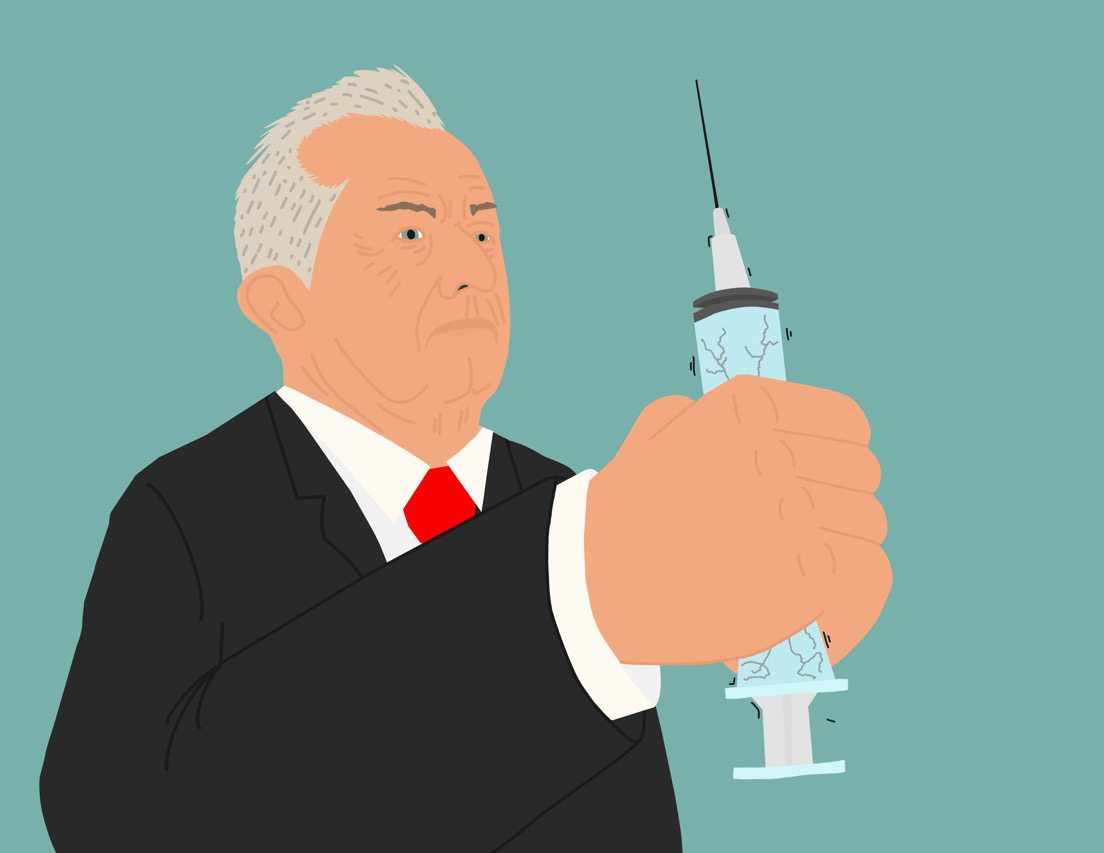I sent in an open records request to the Atlanta Police Department while researching a news story for The Southerner. I asked for the police report for the fight at Grady on Sept. 12 which resulted in a police officer using a taser.
Two weeks after submitting my request, I was told by the Open Records Department that it can take weeks to process an open records request when, legally, it should only take days. According to the Georgia Open Records Act, “Agencies shall produce for inspection all records responsive to a request within a reasonable amount of time not to exceed three business days of receipt of a request.”
APD’s response to my request most definitely does not hold true to the standard set forth in the Georgia Open Records Act that states “there is a strong presumption that public records should be made available for public inspection without delay.”
The publication of my story covering the first use of a taser at Grady was postponed by months due to APD’s lack of cooperation. After experiencing much confusion and frustration with the system, I did some research and found that student journalists around the nation face similar situations.
It is hard for high school students to appropriately handle situations like this one if they are not aware of their rights. Thankfully, there are many wonderful internet sites that provide resources for student journalists.
The Student Press Law Center is a nonprofit agency that educates high school and college journalists about their rights and responsibilities. Their web site offers legal assistance ranging from a virtual lawyer that answers general questions regarding media law questions to an online request form to ask SPLC media law-related questions to several legal guides that provide information on legal issues. These resources deal with topics including cyberlaw, protecting sources and information, students’ first amendment rights and freedom of information laws.
While these resources are extremely helpful and it is nice to know there is support for student journalists, they should not be necessary. Even though we are in high school and have not yet entered the professional world, we are citizens of the United States and are guaranteed rights by national and state governments.
Student journalists must know their rights and advocate for what they believe in. I respect our local police department, but I expect recognition and respect of my rights as a citizen.






